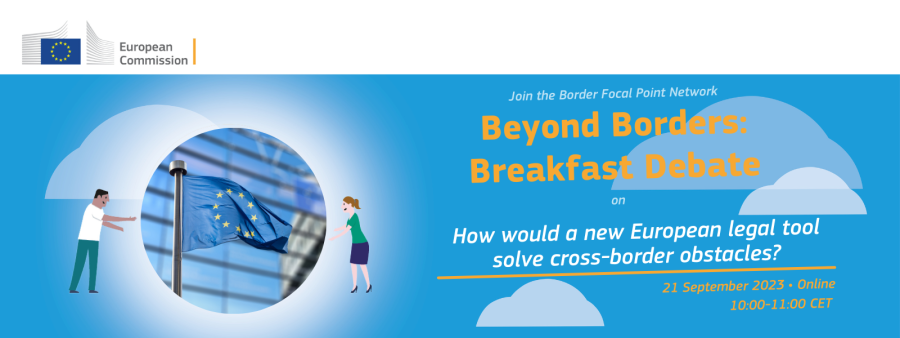
After an 8-year long process of discussions this September marks an interesting turning point since the European Parliament has voted in favor for the legislative initiative proposal for an EU tool that seeks to address remaining administrative and legal obstacles in cross border regions.
Which of the following parameters is the most essential for the design of an EU-wide legal tool that seeks to eliminate administrative and legal obstacles in cross border cooperation?
1) It being voluntary, member states should be free to choose which border obstacles to solve or not
2) The creation of one (or more) coordination point(s) in each Member State, to ensure border regions have clarity on whom to address their obstacles to.
3) The minimization of the administrative burden associated with the implementation of the tool
4) The complementarity with other existing tools at bi (or multi) national level (e.g. existing binational treaties)
Let us know in the comments bellow which of the preceding choices better reflects your reasoning and why.
- Za objavu komentara morate se prijaviti
Komentari
The success is driven by the combination of legislative instruments and non-legislative measures and is based on the interplay of many factors, such as coordination and cooperation, mutual trust, multilingual issues, use of digital means, etc. The European Parliament Research Service study underlines the added value of the legislative instrument for coordination cross-border activities and for reducing administrative and legal obstacles. The suggestions includes establishing cross-border coordination points, which would be competent to assess the nature of an obstacle and the most suitable solution. One of the objectives of a European Cross-border Mechanism would be to address administrative and legislative burdens, while Member States retain ownership over the possible approach; the decision to use the European Cross-border Mechanism remains solely within the Member States’ decision power and is voluntary.
EPRS study: https://www.europarl.europa.eu/thinktank/en/document/EPRS_ATA(2023)751452
- Za objavu komentara morate se prijaviti
All options play their role in making the tool a success. Coordination points are important for those affected by obstacles to be heard, complementarity ensures acceptance and reduces administrative burden, and voluntarism regarding the solution is important to ensure acceptance of the tool as such. The way how the legal framework considers these elements is essential for the functioning of whole the mechanism.
- Za objavu komentara morate se prijaviti

